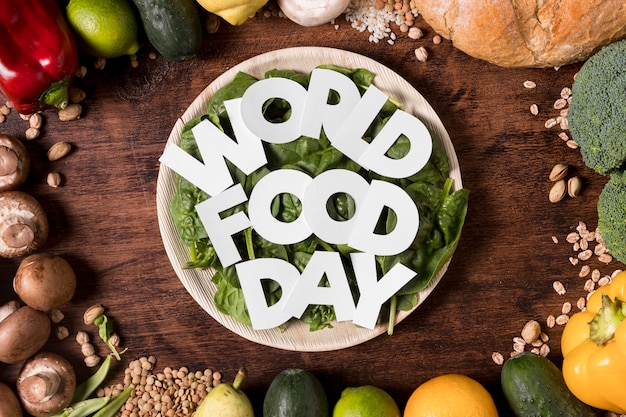
Did you decide to try Veganuary this year or are thinking about making plant-based eating a long-term part of your life? Dr. Gemma Newman has some helpful advice to share.
With so many different diets out there—like low fat, high fat, low carb, high carb, vegan, paleo, and keto—it can be confusing to know which one might be the best. Veganuary has been gaining traction, with more people joining each year. Back in 2018, 170,000 people took part, a huge increase from the previous year. In 2019, over 250,000 signed up, and it’s likely that the numbers have gone up again this year.
So, is a vegan diet healthy? How does it differ from other diets that are said to benefit our health? There’s been a lot of confusion about nutrition, thanks to the media, food companies, and even some health professionals. However, everyone seems to agree that eating plenty of fruits and vegetables, opting for whole foods over processed ones, and cutting down on processed meats, sugary treats, and white flour products is beneficial.
When people are uncertain about what’s healthy, they often stick to what they know, justifying it by saying, “everything in moderation.” But that’s not always a good approach. Just like we wouldn’t recommend smoking in moderation, we shouldn’t take the same approach with sugary drinks and processed meats. The World Health Organization classifies processed meats as a Class 1 carcinogen, meaning they’re known to cause cancer. Moderation doesn’t make them healthy.
Dr. David Katz brought together leading nutrition scientists to create a consensus called the “True Health Initiative,” highlighting the importance of a diet rich in vegetables, fruits, beans, nuts, seeds, whole grains, and water. The nutritional overlap between diets like paleo and plant-based is much larger compared to the typical Western diet.
For heart health—still our leading cause of death—the only diet shown to reverse coronary artery blockages within weeks is a whole food, plant-based diet. This was demonstrated as far back as 1990 in The Lifestyle Heart Trial, led by Dr. Caldwell Esselstyn, and more recently in the Mount Abu Heart Trial. No other diet has shown similar results, so a mostly whole food plant-based diet remains recommended until new evidence suggests otherwise.
Switching to a plant-based diet can seem daunting, especially if you’re used to a Western diet. But don’t worry, I’m here to help! If you need cookbook recommendations, try “So Vegan in 5” by Roxy Pope and Ben Pook, which offers simple recipes with just five ingredients. Another option is “BOSH!” by Henry Firth & Ian Theasby, featuring over 80 healthy vegan recipes.
If you’re new to plant-based eating, consider starting small. Gradually adapt your favorite meals—like turning a chicken curry into a chickpea curry or a beef Bolognese into a lentil Bolognese. You can also start by having plant-based breakfasts a few times a week, then do the same with lunch. Once you’re comfortable, increase the number of plant-based meals you eat.
Transitioning to a whole food plant-based diet can offer benefits in just two to three weeks. Be prepared for some initial gut adjustments as your body adapts. Leading dietetic associations agree that well-planned plant-based diets can support healthy living at any age and may help prevent diseases like heart disease and cancer.
In today’s world, many suffer from nutrient deficiencies due to degraded soil from monocropping and pesticide use. A Western diet often lacks essential nutrients like magnesium and fiber. A well-planned plant-based diet, however, can be extremely nutrient-dense. To ensure you’re getting everything you need, consider supplementing with vitamin B12, as it’s essential but hard to obtain solely from plant sources.
Vitamin D is another common deficiency, and making sure you get enough sunlight can help, or you might need supplements. Omega-3 fatty acids, especially EPA/DHA from algae, are vital for heart health. Lastly, consider adding milled flax seeds to your diet for their heart benefits.
Dr. Gemma Newman has extensive experience in medicine, working as a Senior Partner at a family medical practice, with a background in various specialties.